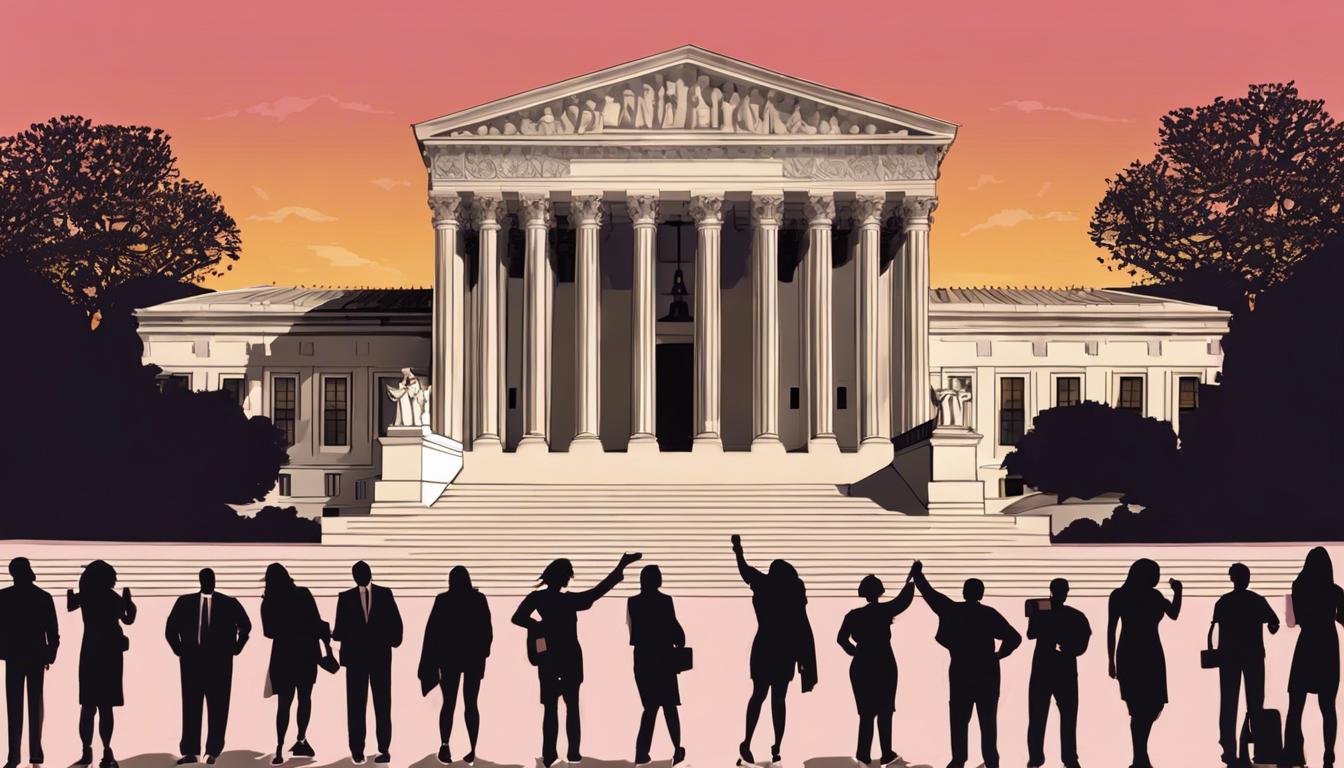The US Supreme Court has ruled in favor of Idaho enforcing a law that bans gender-affirming healthcare for transgender youth, sparking widespread controversy and debate on medical rights in the US.
The US Supreme Court has allowed Idaho to enforce a ban on gender-affirming care for transgender youth. This decision overturns lower court rulings that had blocked the statewide law, identified as HB 71, which was initially passed in 2023. Under this law, healthcare providers in Idaho face up to 10 years in prison for administering treatments such as puberty blockers and hormones to individuals under the age of 18.
This ruling impacts the ongoing legal and societal debate about the rights of transgender minors to receive gender-affirming healthcare. The law was challenged by the families of two transgender teenagers, who argued that the absence of such medical care would severely impact the mental health of affected youth and claimed a violation of constitutional protections. While the Supreme Court’s decision permits the state to generally enforce the law, it does make an exception that allows these two plaintiffs to continue receiving necessary treatments.
Idaho’s Attorney General, Raúl Labrador, has defended the law, suggesting it aims to protect young individuals from making “life-altering” medical decisions. In contrast, opponents, including the American Civil Liberties Union, have criticised the enforcement of the law, citing disapproval from major medical organizations regarding such bans.
This legal development in Idaho forms part of a wider pattern in the United States where several states have introduced similar restrictions on gender-affirming care for minors, with over 20 states implementing or proposing comparable bans. This ongoing issue continues to spark substantial legal challenges and debates surrounding LGBTQ+ rights and the provision of healthcare in the country.













